The Power of Drawing—Inside Our Total Essential Knowledge Workshop at the Haggerty Museum
Draw to remember, draw to think, and draw to communicate
What if a simple drawing could help you clarify complex concepts, speed up decision-making, and connect with others in a deeper way?
It can.
Last week, I had the privilege of running a Total Essential Knowledge Workshop with Biologist Deanna Arble and Curator Lynne Shumow at the Haggerty Museum.
The goal?
The workshop at the Haggerty Museum featured a presentation on the Total Essential Knowledge Project. We then transitioned to each participant making their own drawing.
It was designed for biology students to harness the power of drawing—not as an art form, but as a way to think and communicate. These students, guided by Deanna and Lynne, stepped out of their comfort zones to create instructional drawings that distilled complex ideas into clear, visual communication.
Drawing is about more than art. It’s a thinking tool to:
Visualize and clarify concepts
Decide what’s important (and what’s not)
Communicate more effectively
We had less time than I was used to, but we accomplished a lot in the hour and 30 minutes we did have.
The result?
12 drawings, each one a unique glimpse into how these students used drawing to break down and share knowledge—whether it’s playing a D chord on the guitar, revising a master’s thesis, or even cooking the perfect steak.
12 Drawings that Prove Drawing is for Everyone
How to Remove a Stripped Screw: A practical guide with steps like “grab a rubber band and place it flush to wear the screw driver would” and a warning: “electricity: on/off.”
Life with an RBF (Resting B*tch Face): A funny tutorial on smiling “until your face cramps up” and always having “mascara and blush to appear nice.”
How to Play the Trombone: A basic intro to the trombone.
Miriam + Moses: A drawing summarizing the biblical tale of Moses, from the burning bush to the parting of the Red Sea.
How to Revise Your Masters Thesis: A theraputic guide with steps like “get away from the computer” and “cut up your work (organize physically),” complete with a stressed-out student doodle.
Who are my running People: A speculative story about who the runner passes on their daily run.
Picking a Bookmark: They ask, “What matters? Color? Texture? Smell?” with options like a flower or a piece of yarn.
How to Go on a Nordic Walk: A guide with steps like “assess the current weather outside” and “take deep breaths, slow and steady.”
How to Play a D Chord on Guitar: A detailed sketch showing finger placement on the fretboard, with tips like “press the 1st string with 3rd (ring) finger” and “strum within the sound hole.”
How to Talk to Anyone: A “professional talker” shares steps like “be friendly, be brave” and “ask follow-up questions,” with an “I ♥ Science” shirt.
How to Cook a Good Steak: Includes steps like “season steak only salt & pepper” and “baste that baby,” ending with a satisfied “it’s lip smacking.”
How to “Plate” Food Like a Michelin Restaurant: Includes tips like “pick a theme” (e.g., “childhood colors richness”) and “add puns ‘fish food.’
Why Total Essential Knowledge (TEK) Workshops Matter
Most of us believe drawing is about talent—it’s not. It’s a tool for thinking, like writing. When you draw, you visualize ideas, clarify complex thoughts, and find solutions you didn’t see at first glance.
My TEK Workshops are designed for students, professionals, and anyone who wants to think more effectively. Whether you’re teaching, learning, or creating something entirely new, this skill will help you process and communicate information in a clearer, more engaging way.
Don’t believe it? Over 1,000 participants have gone through Total Essential Knowledge Workshops in cultural institutions, schools, art spaces, and more—like the Wisconsin Academy of Sciences, Arts, and Letters, the Madison Museum of Contemporary Art, and the Lynden Sculpture Garden. And that’s just the start.
What You’ll Learn at a TEK Workshop
Use Drawing as a Tool for Clarity
Quickly capture complex ideas or processes in a way that others can “get” instantly.Make Faster, Smarter Decisions
Slow down just enough to decide what’s important—and then speed back up with fresh perspective.Create Instructional Drawings
Research, remember, and share ideas by breaking them down into simpler, step-by-step visuals.Build Community
Drawing together and sharing these sketches in an open forum breaks down barriers and fosters conversation.
About the Artist
I’m Colin Matthes, an artist with 15+ years of experience developing and exhibiting instructional drawings worldwide—from Amsterdam to New York to Dublin. My Total Essential Knowledge Workshops synthesize this practice so that you can learn to harness the power of drawing for your own projects and ideas.
Ready to Host Your Own TEK Workshop?
Universities, schools, museums, and community organizations—this is your chance to bring a new kind of learning experience to your students, members, or staff. You’ll be amazed at how quickly people embrace drawing as a tool for better thinking.
👉 [Schedule a TEK Workshop Now]
I’m always looking for new places to share the power of TEK. If you want increase your team’s or students’ ability to think creatively, problem-solve, and communicate, reach out.
Thanks for reading, and if you liked what you saw from our biology workshop at the Haggerty Museum, hit “reply” (if you’re on Substack) or email me directly to get the conversation started. Let’s keep drawing, thinking, and communicating together!
Colin Matthes
Artist & TEK Workshop Facilitator






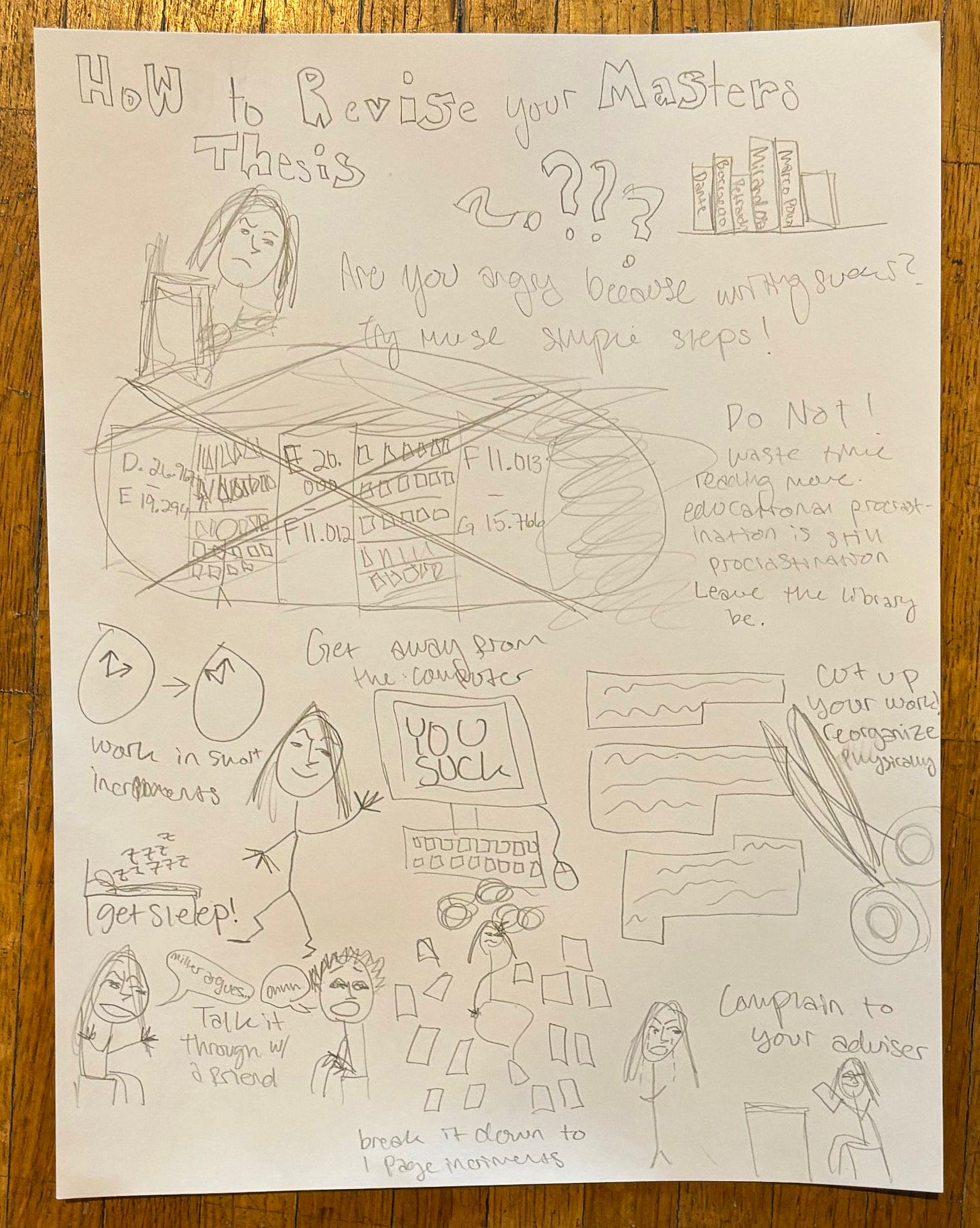

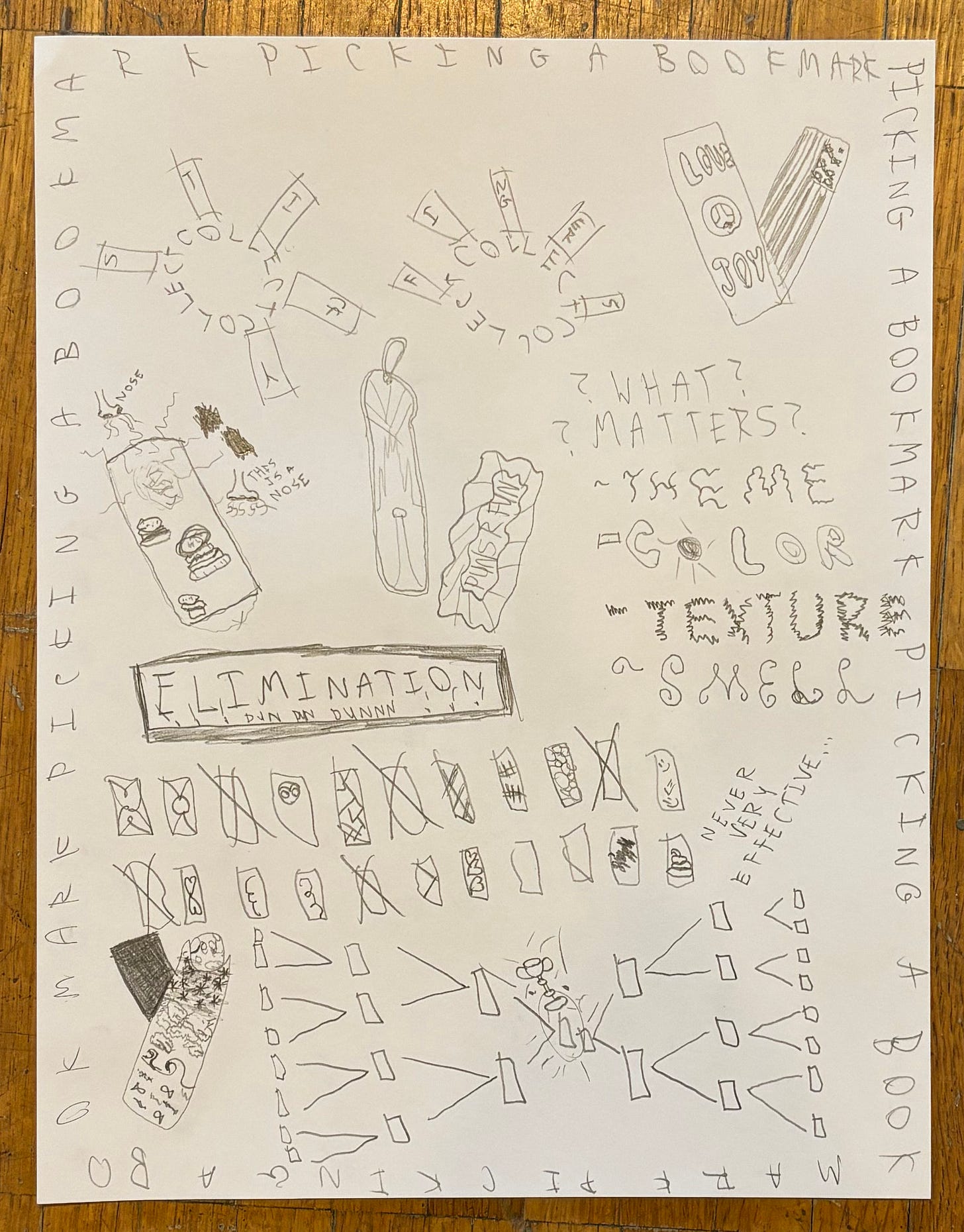
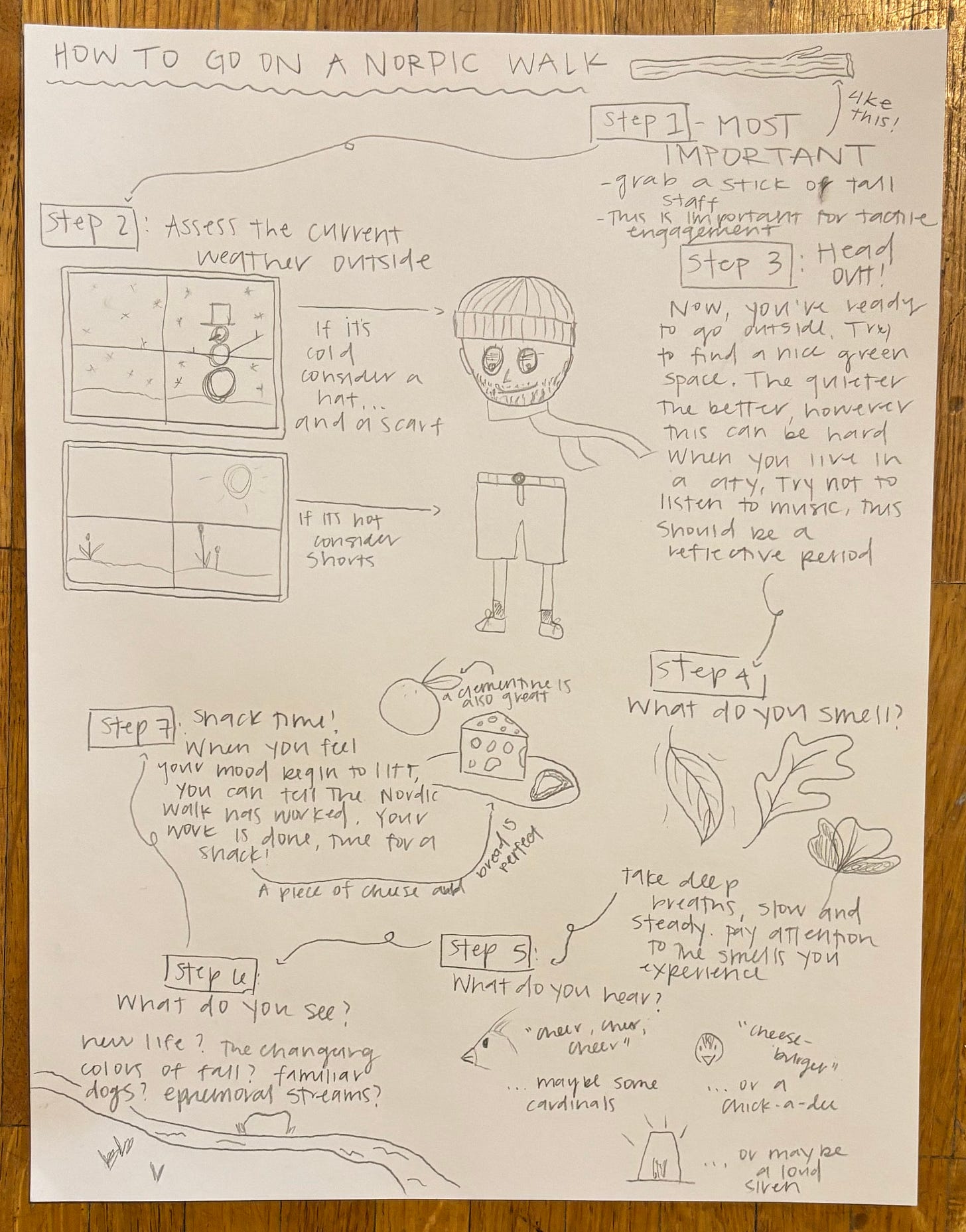

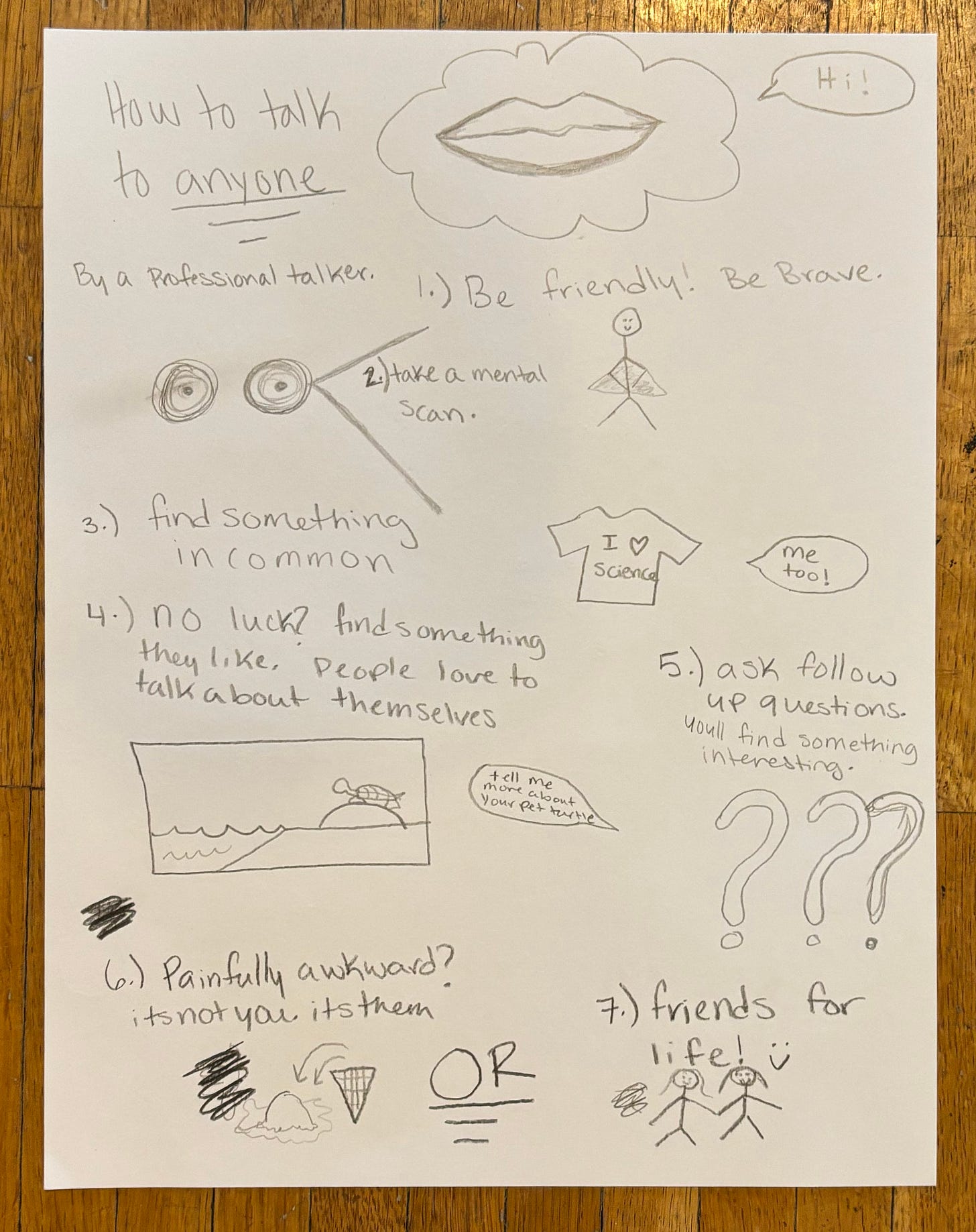
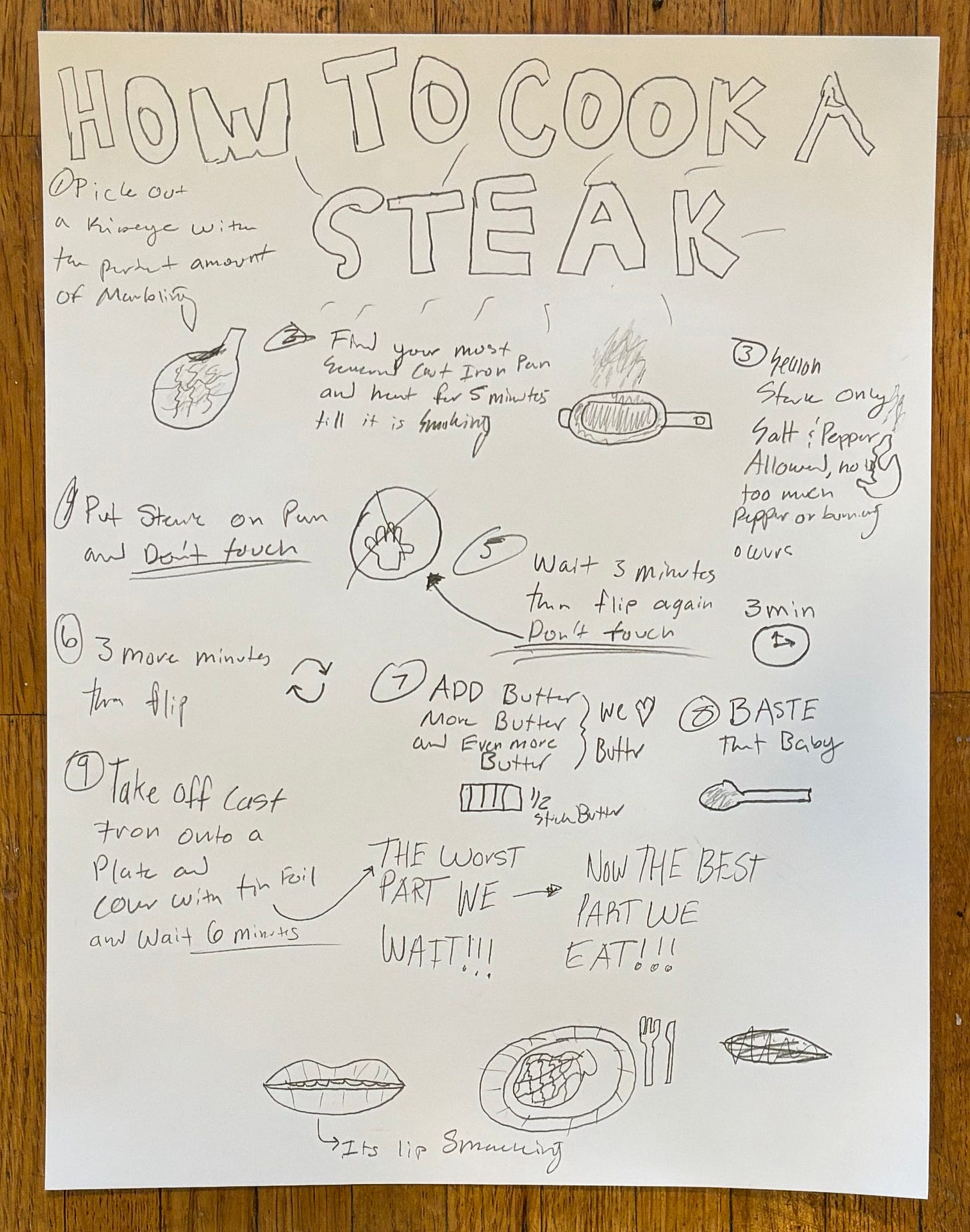
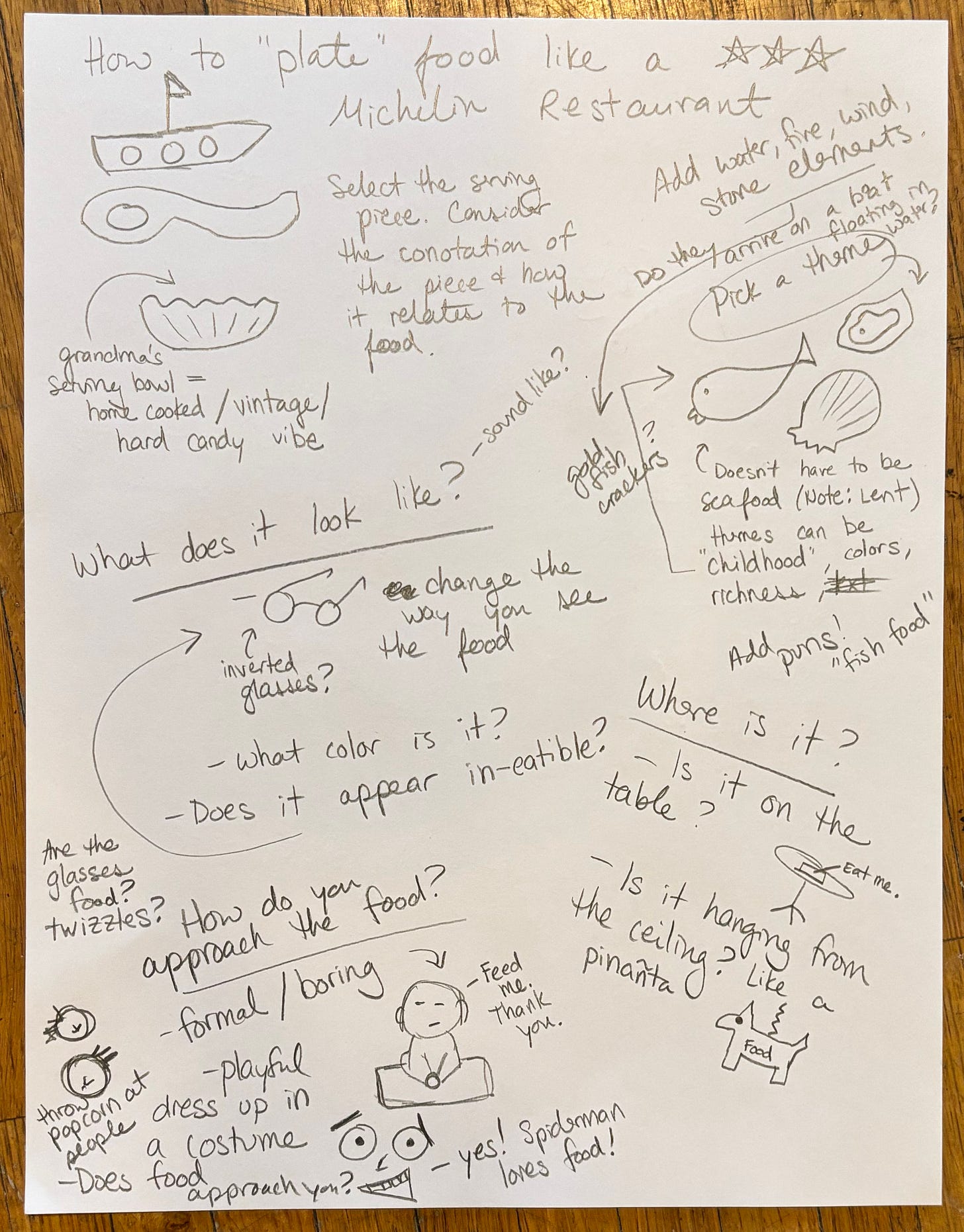
Makes me think of Lynda Barry and the *aliveness* of drawings by people who quote unquote "can't draw"